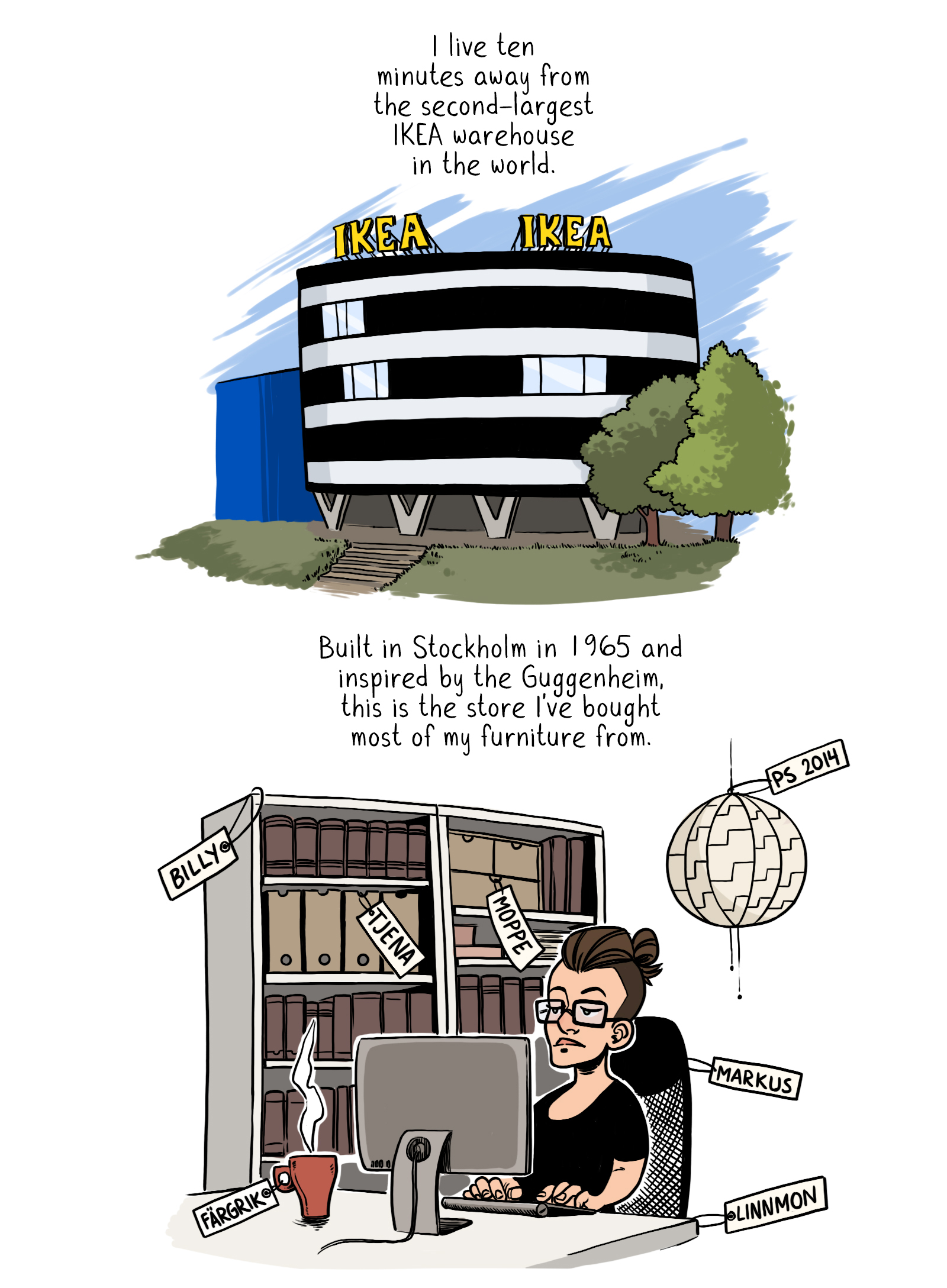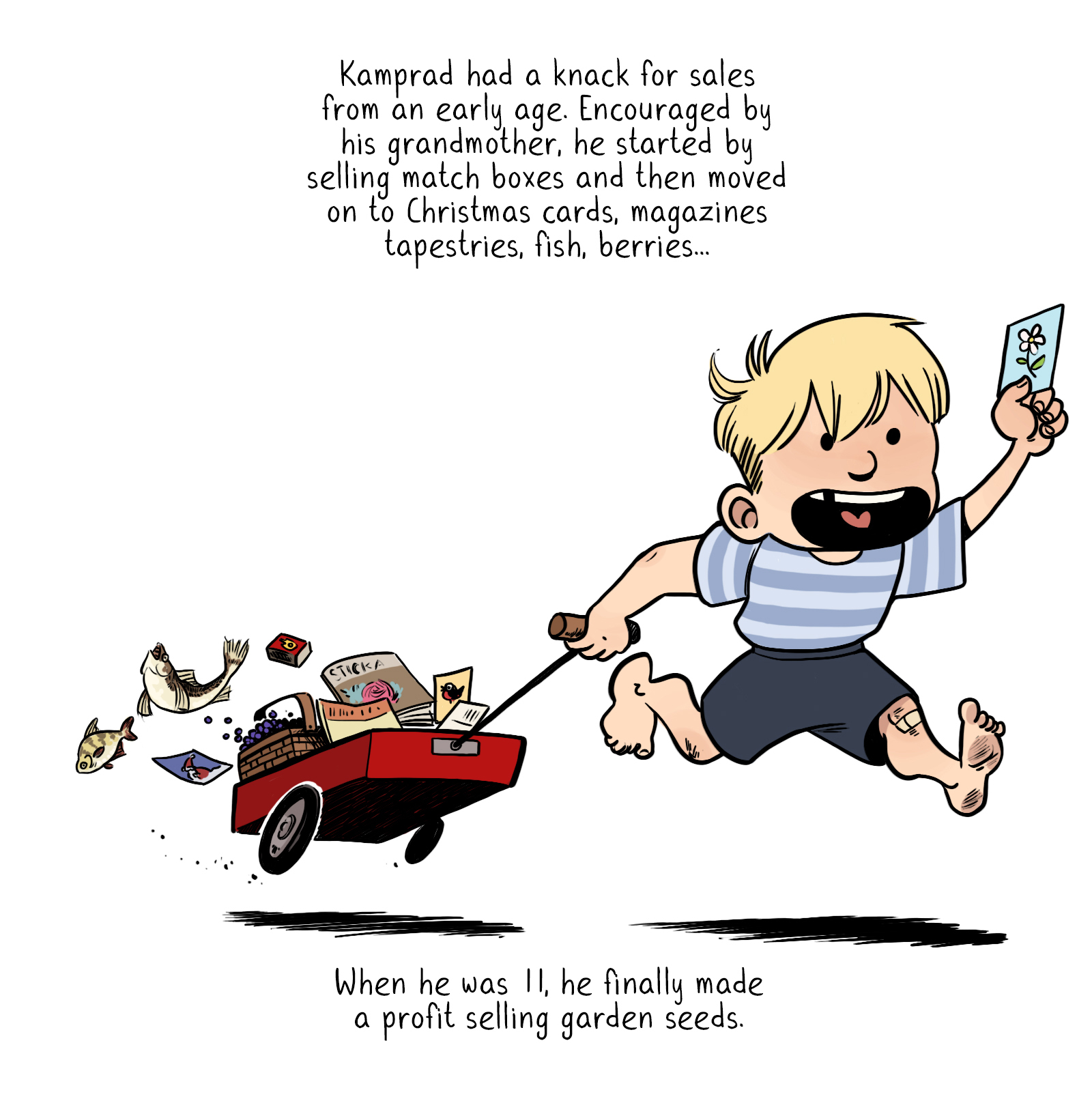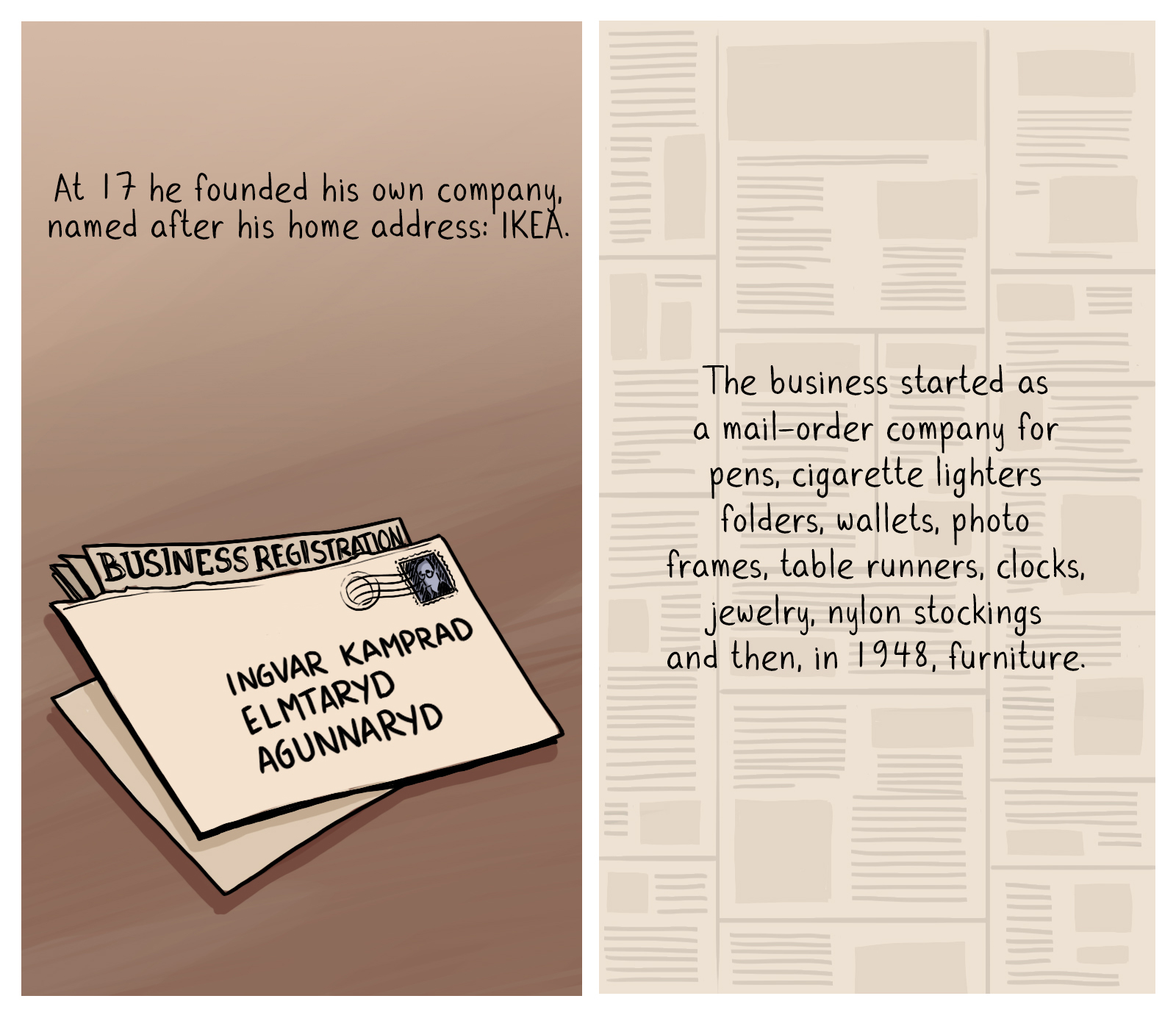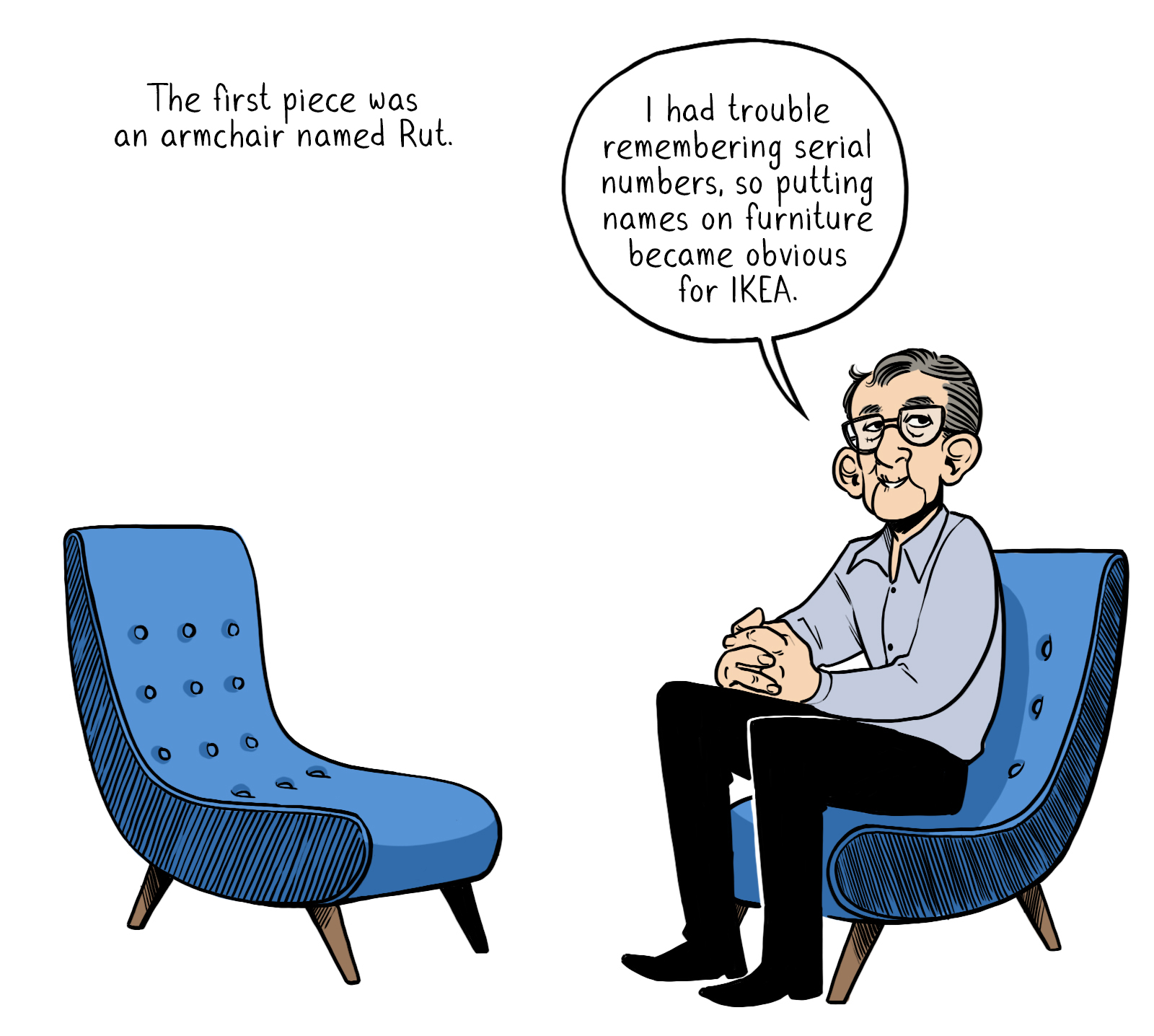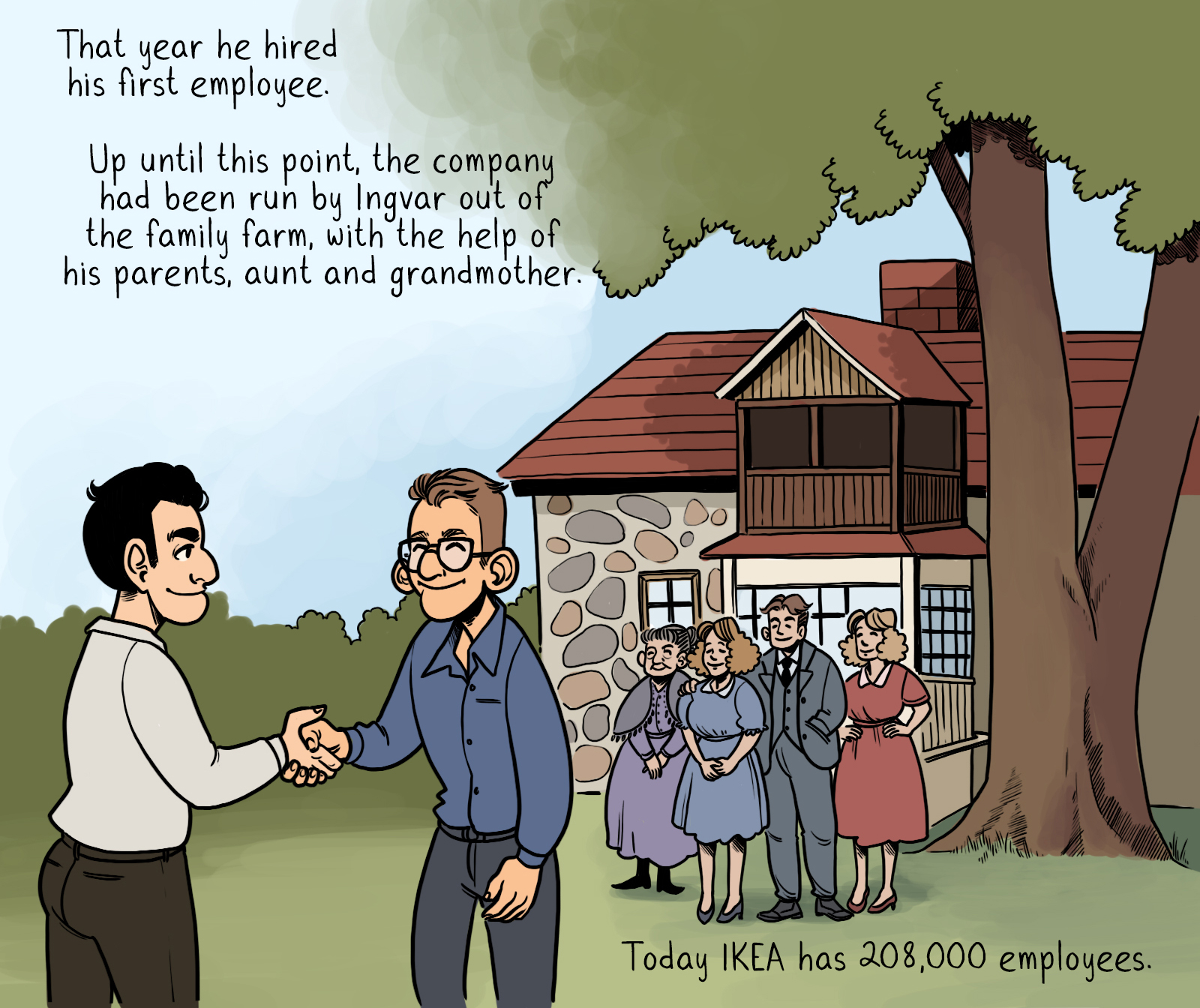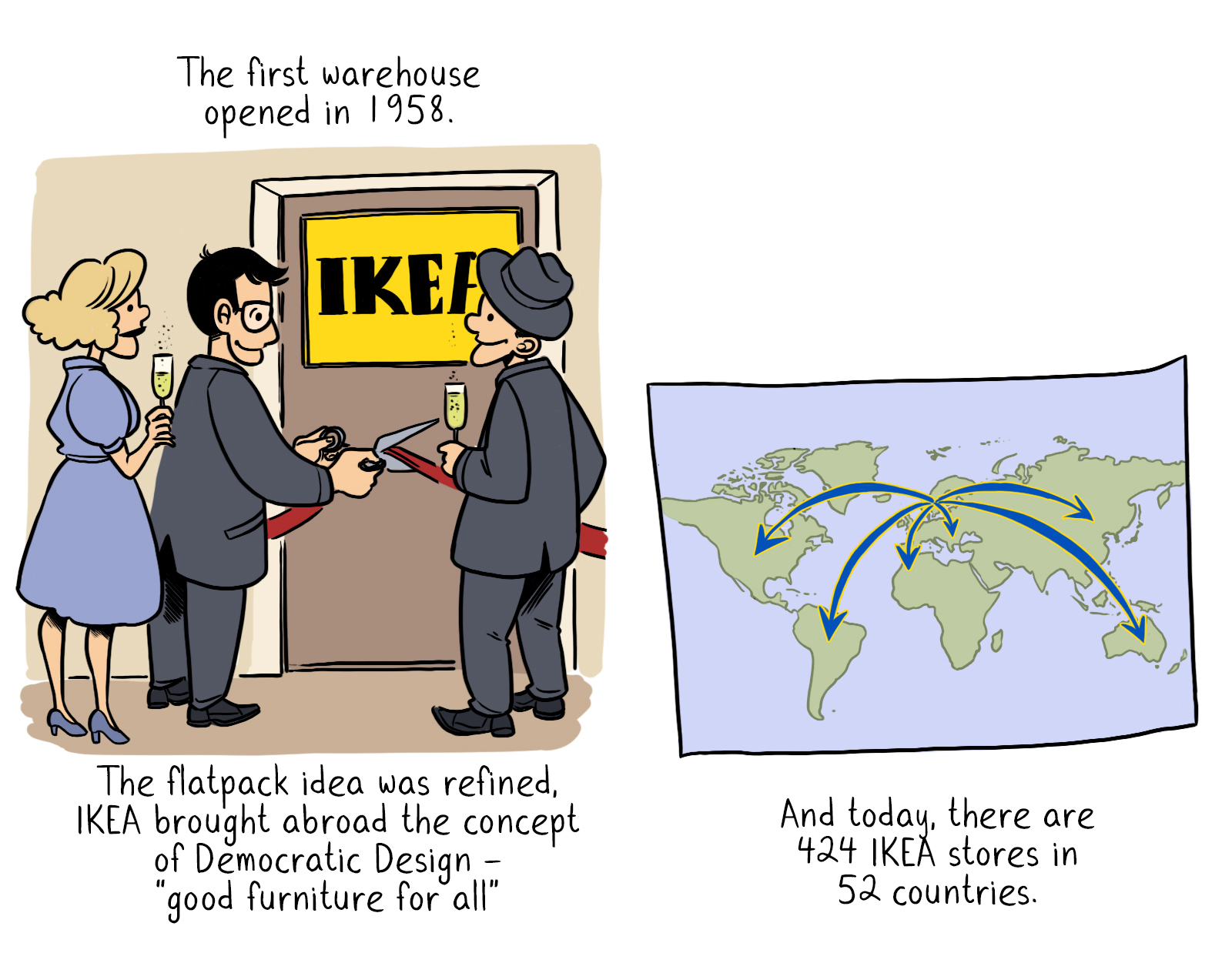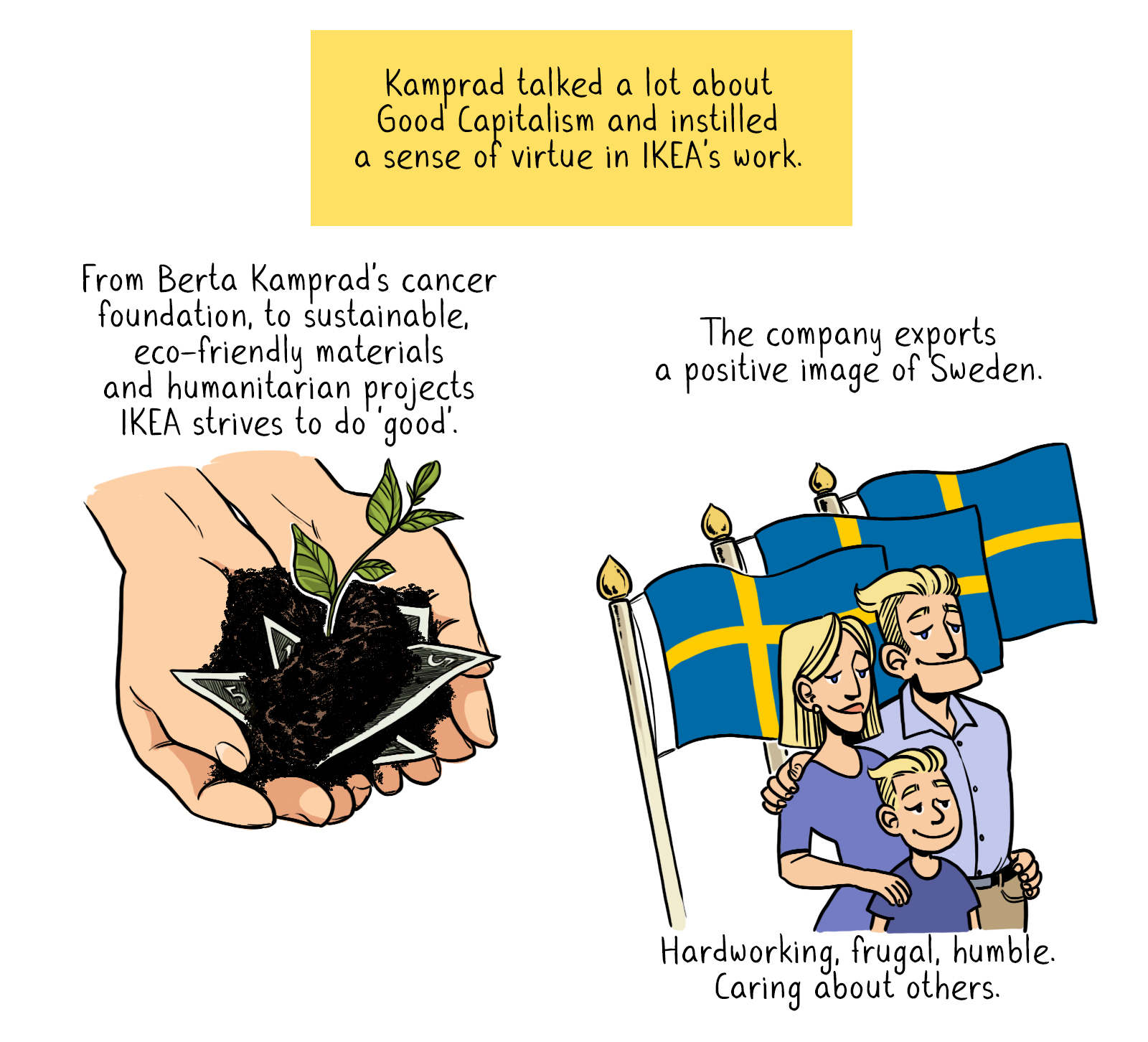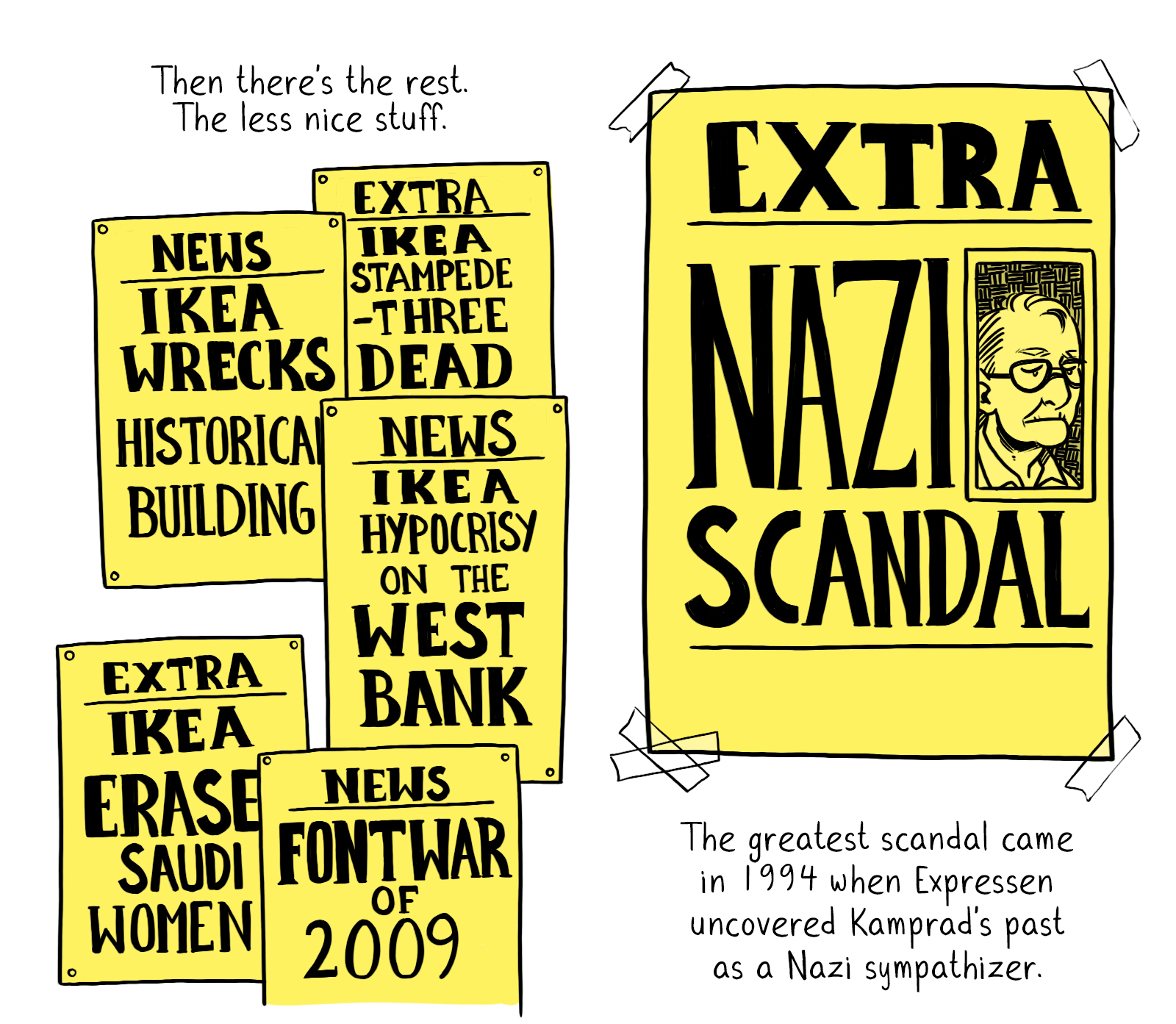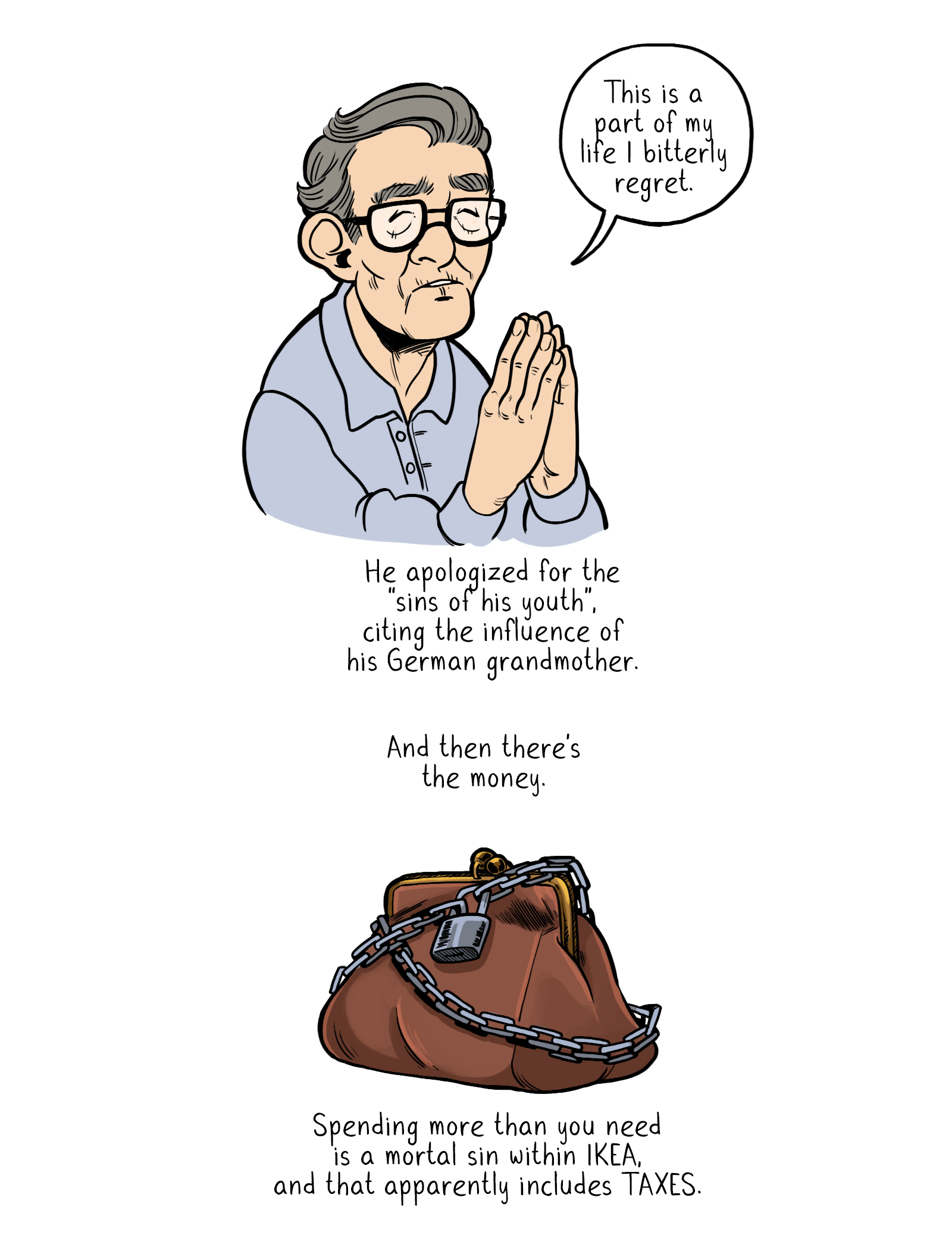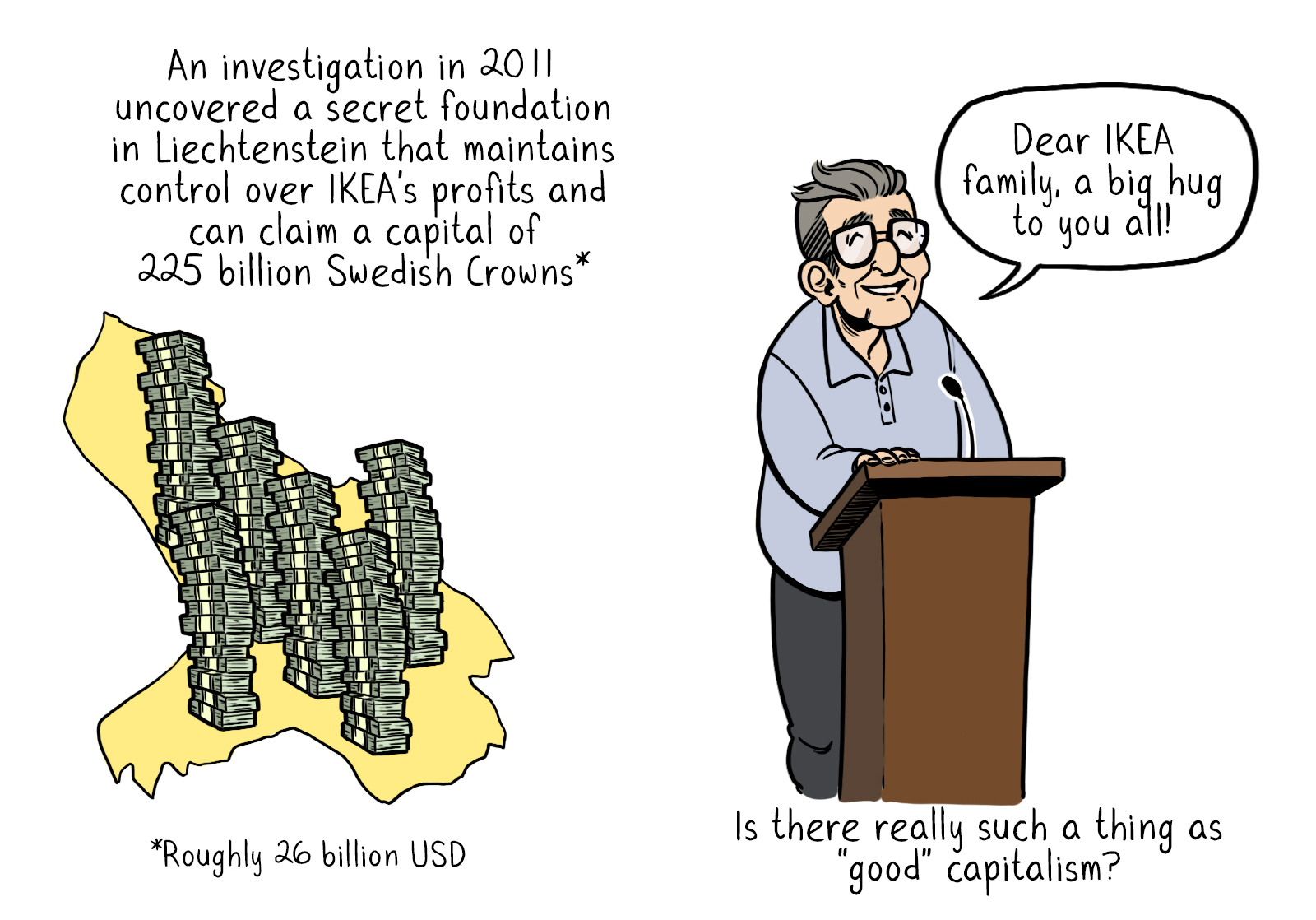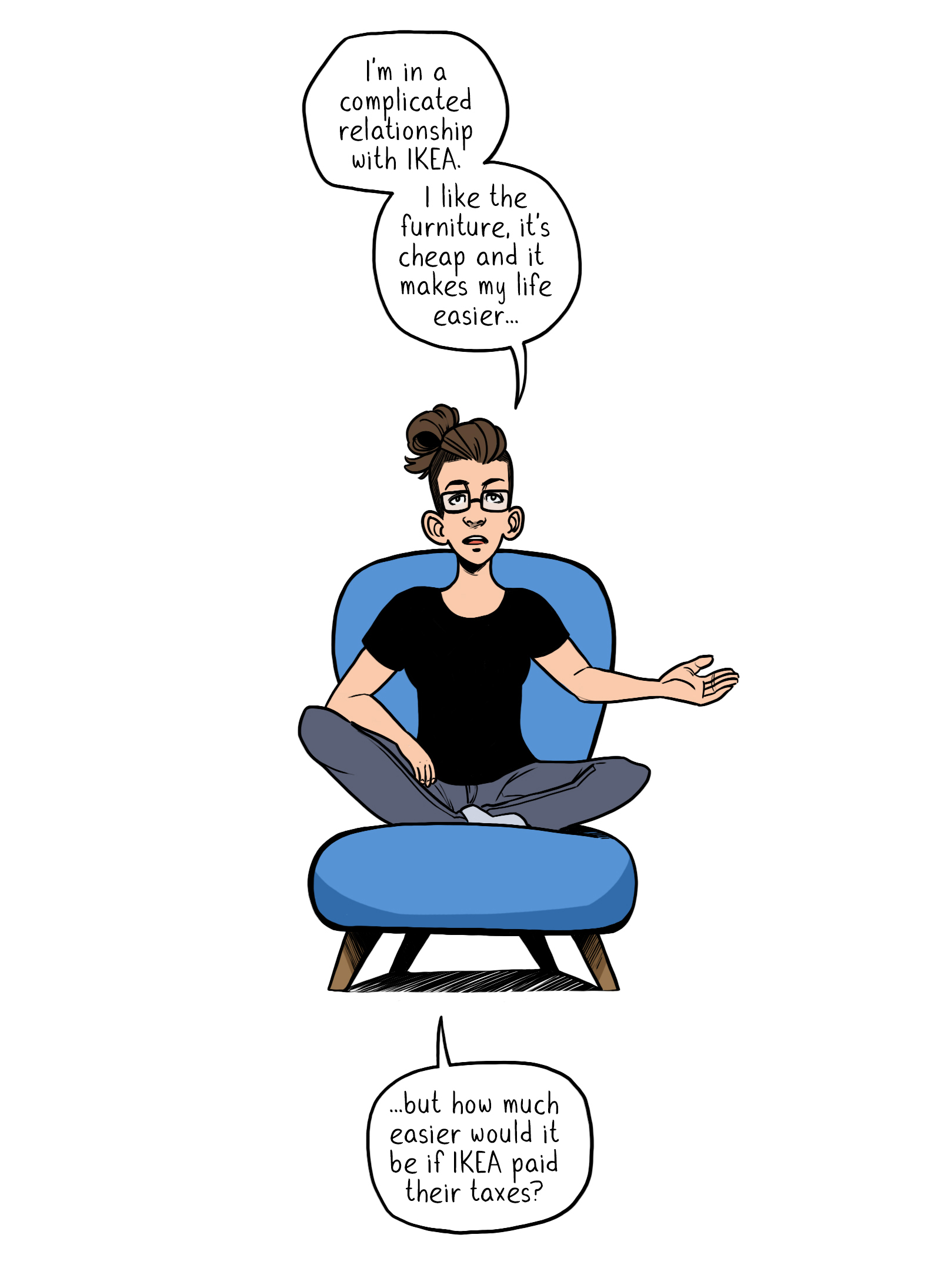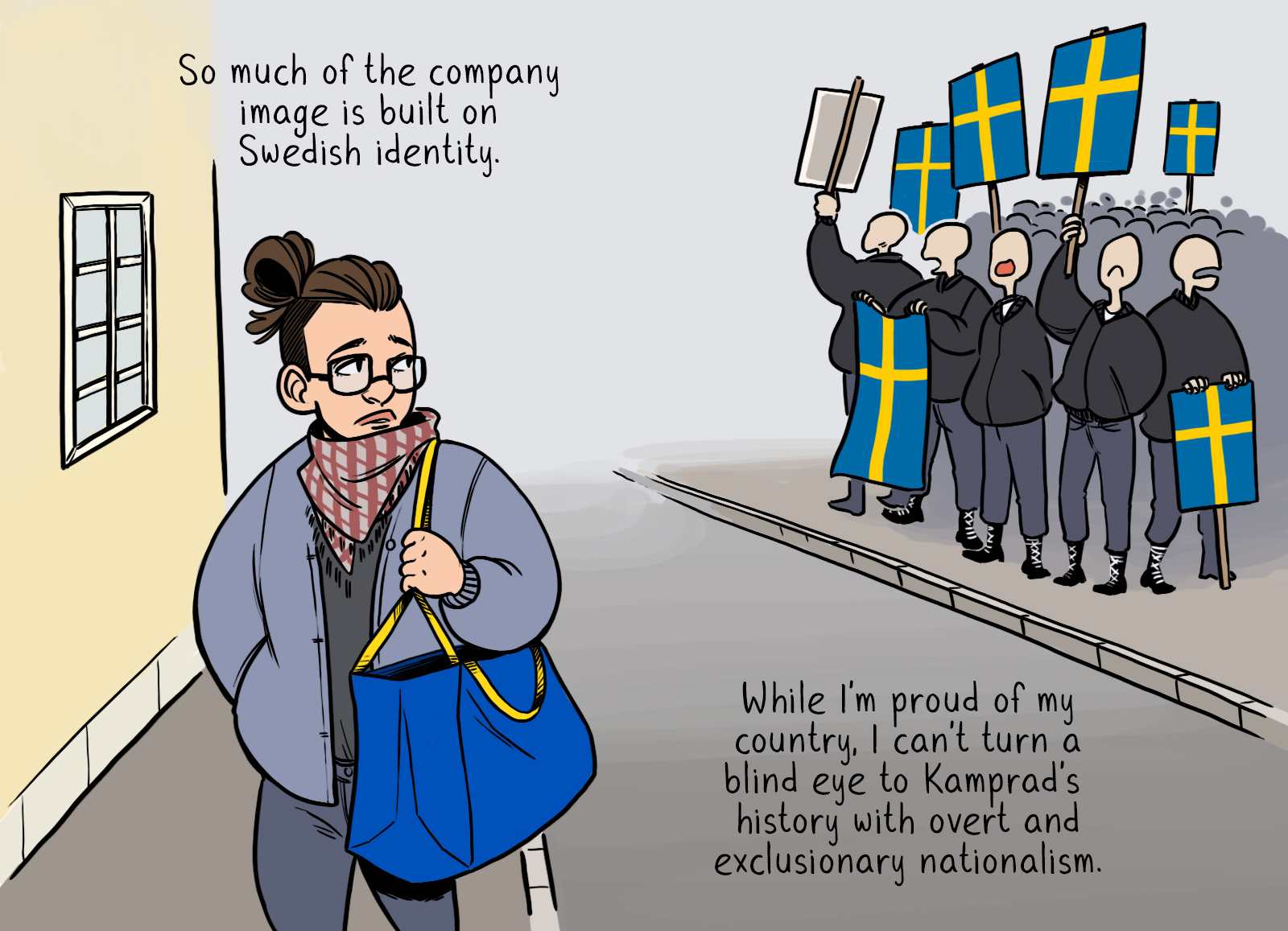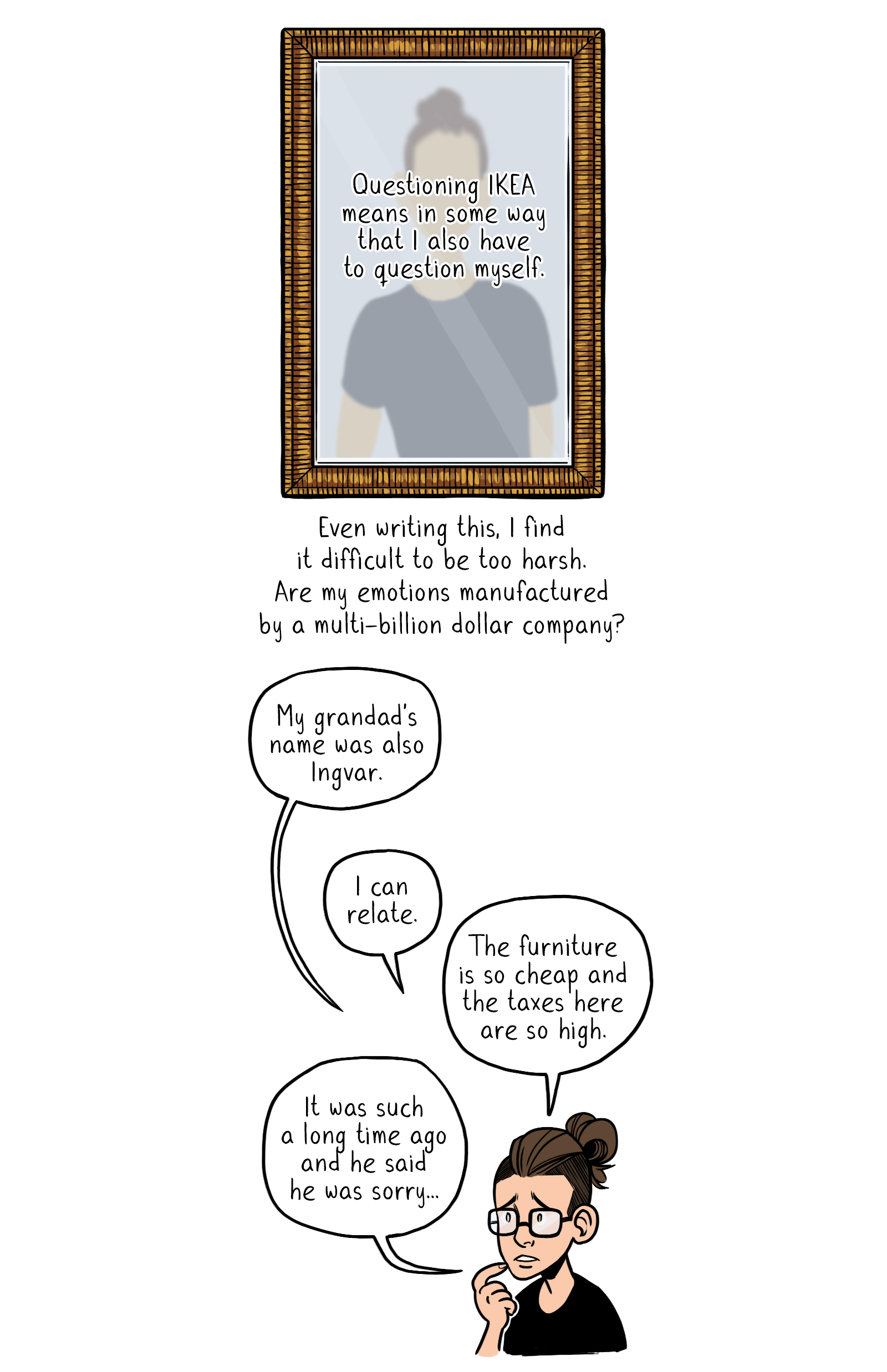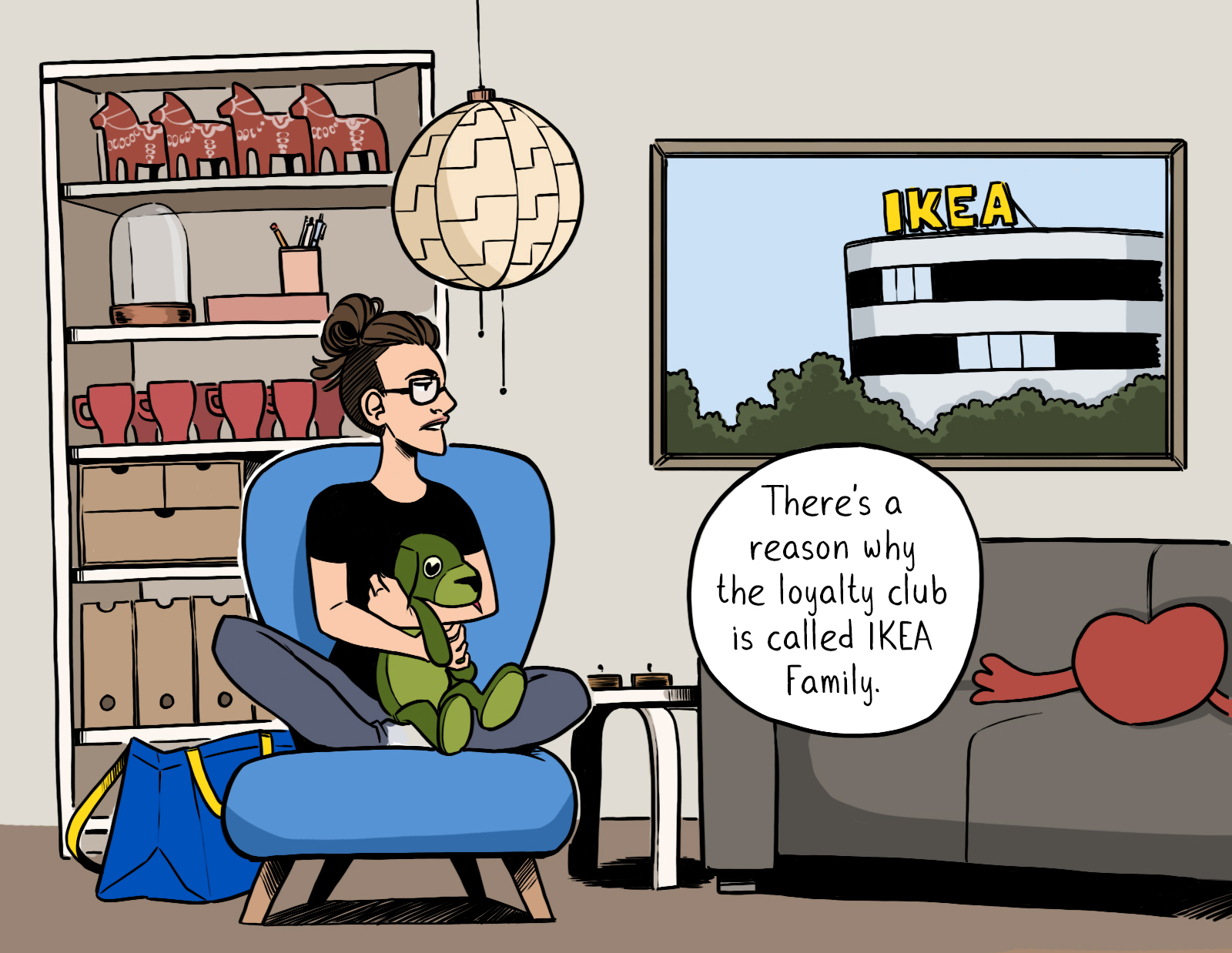Originally published in 2019 on The Nib, a wonderful publication that no longer exists and the world is worse off for it.
This comic will forever and always sit in my mind as my break into The Big Leagues. The Nib has won a Pulitzer for crying out loud, and I get to do a comic about something Swedish and complicated and get paid for it and they'll publish it? Wow.
